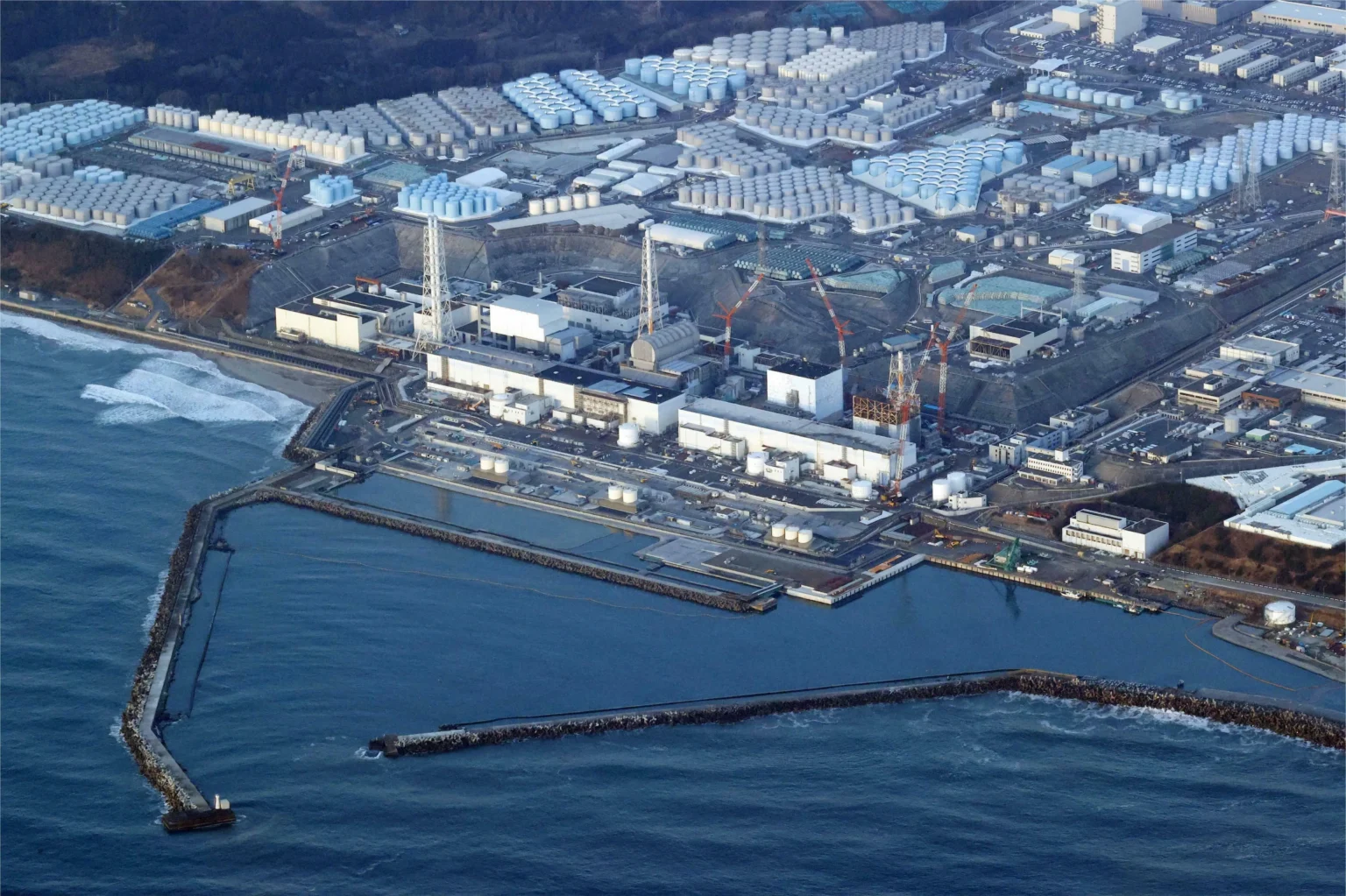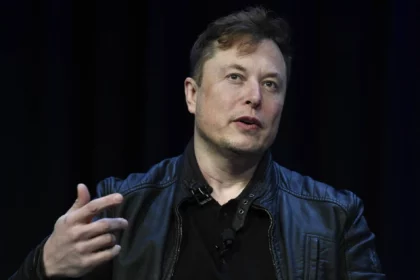China said Friday that it would “gradually resume” importing seafood from Japan after imposing a blanket ban last year over the release of water from the disabled Fukushima nuclear plant.
In August 2023, Japan began discharging treated water from Fukushima into the Pacific Ocean in an operation it insists is safe, a view backed by the UN atomic agency.
The release, however, generated a fierce backlash from China, which branded it “selfish” and banned all Japanese seafood imports.
Beijing and Tokyo said Friday they had agreed on the wastewater release that would allow China to phase the imports back in.
“China will begin to adjust the relevant measures based on scientific evidence and gradually resume imports of Japanese aquatic products that meet the regulation requirements and standards,” Beijing’s foreign ministry said in a statement.
The ministry said officials from both sides recently conducted “multiple rounds of consultations” on the discharge from Fukushima.
It said Japan had committed to “fulfilling its obligations under international law, doing its utmost to avoid leaving (a) negative impact on human health and the environment, and conducting continuous evaluations of the impact on the marine environment and marine ecosystems”.
Around the same time as Friday’s announcement, Japanese Prime Minister Fumio Kishida said Tokyo had informed Beijing of “its readiness to carry out additional monitoring of the… treated water, while the Chinese side has decided to… steadily restore imports of Japanese fishery products that meet certain standards”.
The IAEA said that it would “coordinate with Japan and other stakeholders, including China, to ensure that the additional measures are implemented appropriately… to ensure that water discharge levels are, and will continue to be, in strict compliance and consistent with international safety standards”.
In 2011, three reactors at the Fukushima-Daiichi facility in northeastern Japan went into meltdown following a massive earthquake and tsunami that killed around 18,000 people.
Since then, plant operator TEPCO has collected water contaminated as it cooled the wrecked reactors, along with groundwater and rain that has seeped in.
After China banned Japanese seafood imports over the wastewater release, Russia did the same in October as a “precautionary measure”.
Russian news agency TASS on Wednesday cited a top sanitary official as saying Moscow would maintain the embargo.
On Friday, both China and Japan were keen to stress that there were limits to the consensus.
A spokesperson for Beijing’s foreign ministry said China still “resolutely opposes the Japanese side’s arbitrary discharge into the sea”.
“This position has not changed,” Mao Ning said at a regular press conference in the capital.
“The fact China and Japan have reached this consensus does not mean that the Chinese side will immediately resume imports of Japanese aquatic products in their entirety,” she added.
Kishida, for his part, said Tokyo also remained resolute.
“Japan’s position remains unchanged that the regulations should be scrapped immediately, and we will use this announcement to pave the way for the abolition of the regulations,” he said.
The head of Japan’s national association of fisheries groups said Friday that it took the announcement as “only the first step” towards a full resumption of imports.
“The Japanese government should remain fully aware of the plight of fishermen across the country who are affected by the total import suspension measures and continue to make every effort to lift the suspension as soon as possible,” Masanobu Sakamoto said.
Beijing and Tokyo are major trade partners, and China imported more than $500 million worth of seafood from Japan in 2022, according to customs data.




